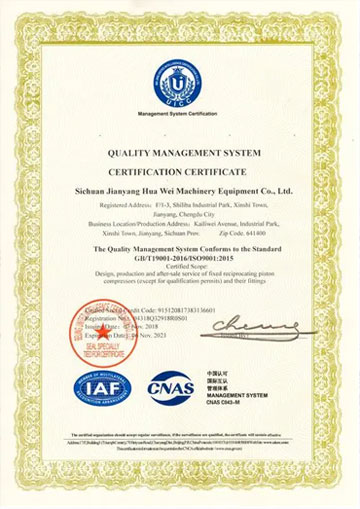

flat washer and spring washer
Nov . 11, 2024 22:18 Back to list
flat washer and spring washer
Understanding Flat Washers and Spring Washers Key Components in Fastening Technology
When it comes to fastening components in mechanical and structural applications, washers play a crucial role in achieving durability, stability, and safety. Among the various types of washers, flat washers and spring washers are two of the most commonly used components. Although they might seem similar at first glance, they serve distinct purposes and are designed to meet different requirements. In this article, we will delve into the characteristics, applications, and advantages of flat washers and spring washers.
Flat Washers
Flat washers are thin, flat discs made from various materials such as metal, plastic, or rubber. Their primary function is to distribute the load of a threaded fastener, such as a bolt or screw, over a larger surface area. This distribution helps prevent damage to the substrate material and reduces the risk of deformation.
Features and Specifications
1. Shape and Size Flat washers come in several diameters and thicknesses to accommodate varying fastener sizes and operational pressures. They are typically circular and have a hole in the center that matches the diameter of the bolt or screw. 2. Material Various materials are used to manufacture flat washers, including stainless steel, galvanized steel, and nylon. The choice of material often depends on the environment in which the washer will be used, such as exposure to moisture, temperature variations, or chemical agents.
3. Application Flat washers are widely used in construction, automotive, and general machinery applications. They are essential in preventing wear and tear, providing a stable base upon which load-bearing fasteners can secure parts together.
Advantages of Flat Washers
- Load Distribution They effectively distribute the load across a wider area, which protects the material beneath the fastener. - Vibration Resistance By minimizing the contact pressure on the substrate, flat washers help reduce the effects of vibration and movement. - Corrosion Resistance Certain types of flat washers can be made from corrosion-resistant materials, enhancing their longevity in harsh environments.
Spring Washers
flat washer and spring washer

Spring washers, on the other hand, serve a more dynamic purpose. These washers are designed to create a tight grip on a fastener, compensating for issues such as vibration and mechanical shock. They are often used when high-stress conditions are present.
Features and Specifications
1. Shape and Design Spring washers are usually curved or helical and possess a unique design that allows them to apply a pre-load or tension on the fastened assembly. This shape can be circular or star-like, depending on the specific application.
2. Material Spring washers are often made from high-carbon steel, stainless steel, or other materials that provide elasticity and strength. They may also undergo surface treatments to enhance corrosion resistance.
3. Application Commonly used in automotive and machine assemblies, spring washers are ideal for applications where fasteners are subjected to repetitive motion, vibration, or thermal expansion.
Advantages of Spring Washers
- Dynamic Load Handling Spring washers maintain constant pressure on fasteners, ensuring that they remain secure even in fluctuating conditions. - Vibration Absorption Their design helps absorb shock and vibration, reducing the likelihood of loosening due to mechanical stress. - Easy Installation Like flat washers, spring washers are easy to install and can be incorporated into existing setups without extensive modifications.
Conclusion
Both flat washers and spring washers are vital components in fastening technology, each tailored for specific needs and applications. Flat washers excel in load distribution, providing flat surfaces that protect the underlying materials, while spring washers play a critical role in maintaining tightness and stability in dynamic environments.
Understanding the differences between these two types of washers can enhance decision-making in engineering and assembly processes. By choosing the right washer for the specific application, manufacturers and engineers can ensure superior performance, reduce maintenance costs, and enhance the overall reliability of their products. As industries continue to evolve, the importance of these small yet significant components remains undeniable in the realm of mechanical fastening.
Latest news
-
Hot Dip Galvanized Bolts-About LongZe|High Strength, Corrosion Resistance
NewsJul.30,2025
-
High-Strength Hot Dip Galvanized Bolts - Hebei Longze | Corrosion Resistance, Customization
NewsJul.30,2025
-
Hot Dip Galvanized Bolts-Hebei Longze|Corrosion Resistance&High Strength
NewsJul.30,2025
-
High-Strength Hot-Dip Galvanized Bolts-Hebei Longze|Corrosion Resistance&High Strength
NewsJul.30,2025
-
Hot Dip Galvanized Bolts-Hebei Longze|Corrosion Resistance&High Strength
NewsJul.30,2025
-
Hot Dip Galvanized Bolts - Hebei Longze | Corrosion Resistance, High Strength
NewsJul.30,2025

